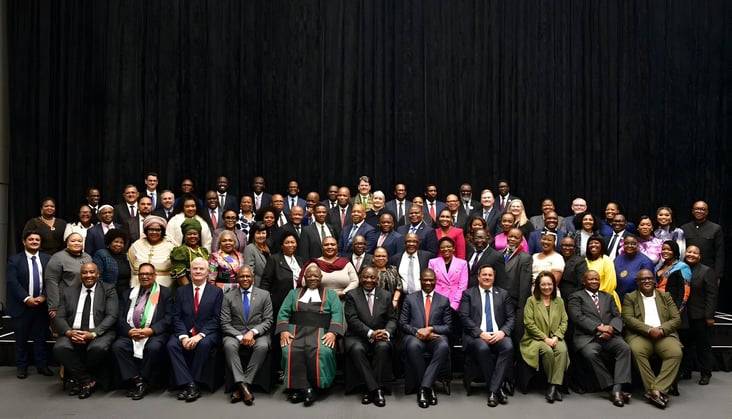Essay by Eric Worrall
“… Organizations such as the World Wildlife Fund are laundering the meat industry’s propaganda. …”
How the most powerful environmental groups help greenwash Big Meat’s climate impact
Organizations such as the World Wildlife Fund are laundering the meat industry’s propaganda. At what cost?
by Kenny Torrella Aug 7, 2024 at 8:00 PM GMT+10
Kenny Torrella is a senior reporter for Vox’s Future Perfect section, with a focus on animal welfare and the future of meat.…
The Denver conference led to the creation of a new organization: the Global Roundtable for Sustainable Beef, a network of beef processors, fast food chains, and other industry stakeholders, which has since spun out a dozen national and regional roundtables. …
…
To put it in fast food terms, it’s all bun and no beef. Yet for more than a decade, McDonald’s and other food giants, alongside meat lobbying groups, have pointed to the roundtables as proof they’re taking climate change seriously.
…
None of this is terribly surprising — it’s largely the same denial and deflection playbook run by Big Oil to avoid responsibility for climate change, with the usual suspects helping: industry-aligned academics, front groups, loyal politicians, and social media influencers.
But among those allies are groups that are surprising: some of the world’s largest environmental organizations.
Take the World Wildlife Fund, or WWF, a green giant with over $600 million in assets. WWF and McDonald’s are both founding members of the beef roundtable, and later, the two worked together on other beef-related projects. In fact, that inaugural conference in 2010 was officially titled the World Wildlife Fund Global Conference on Sustainable Beef. (WWF has helped to found similar industry roundtables for poultry and soy — most of which is fed to farmed animals — and a certification program for seafood.)
For its collaboration, McDonald’s makes sure WWF is well compensated; from 2015 to 2022, the company donated $4.5 to $9 million to WWF-US.
…
My first thought was, I didn’t know McDonalds burgers contain any meat.
Jokes aside, Reporter Kenny Torrella goes on in the article to suggest farming beef is an opportunity cost for carbon sequestration or production of other food. But cattle can be farmed on land which is otherwise utterly worthless – near desert land which cannot support other forms of food production. In my opinion claims that reducing beef production would increase food availability are questionable, and contain a highly dubious assumption that the land to be retired from beef production can be used for the other productive purposes.
Related




















Discussion about this post